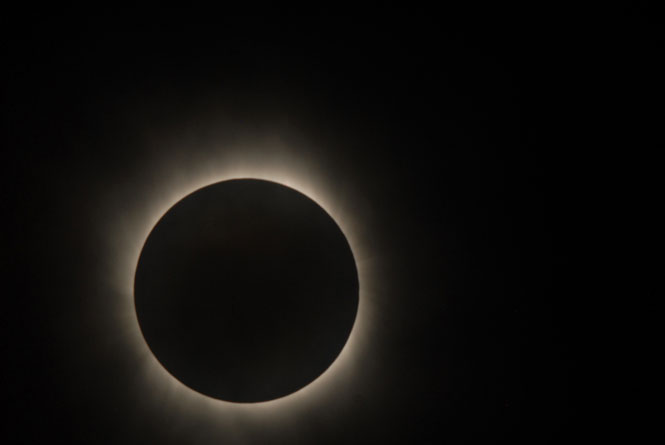Coronagraphic Imaging of Exoplanets

Question:
I have seen how the “starshade” project will use a “flower petal” shaped shade to block the light from a star and thereby allow us to image a nearby planet directly. The “flower petal” shape is designed to cancel out the diffraction pattern created by a round shade. Question: Why don’t the builders of large telescope mirrors create a long thin decal counterpart of that shape in black and apply it to the rim of a large telescope mirror, thus cancelling the edge diffraction and significantly improving the mirror’s resolution?
Answer:
The Starshade project is an adaptation of a technique used on ground-based telescopes called “coronagraphic imaging”, which block-out the light from a star so that the much dimmer planets or other objects orbiting the star can be seen. Coronagraphic imagers are used on a variety of ground-based telescopes to detect extrasolar planets and image debris around stars that is in the process of forming planets. Coronagraphic imagers allow you to see the dimmer objects near a star, but they do not increase the increase the spatial resolution of a telescope.





